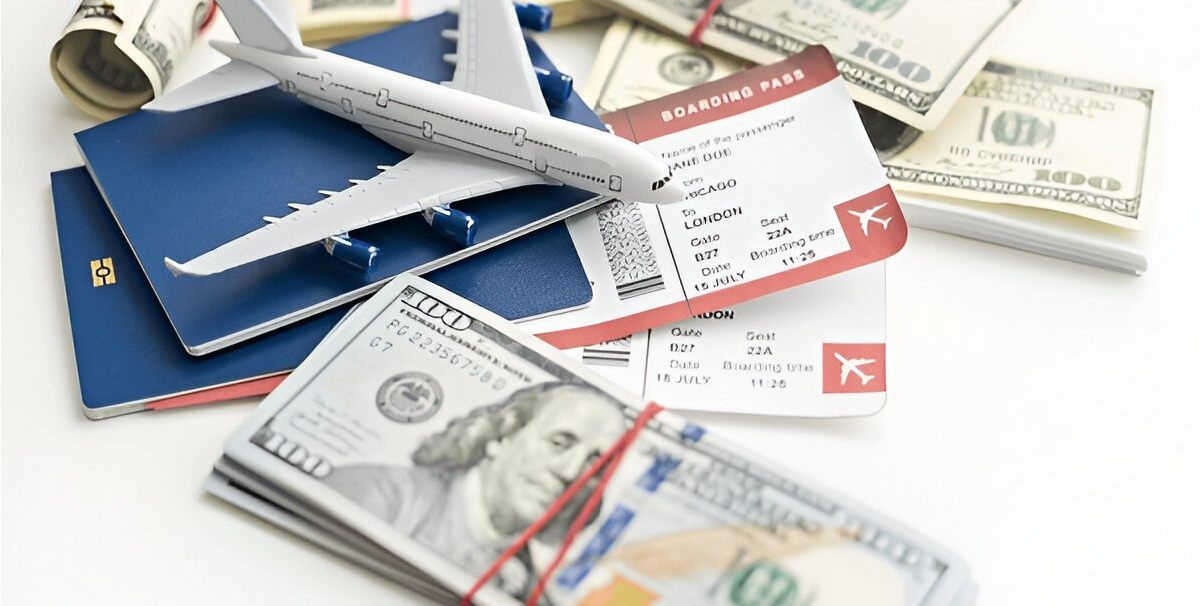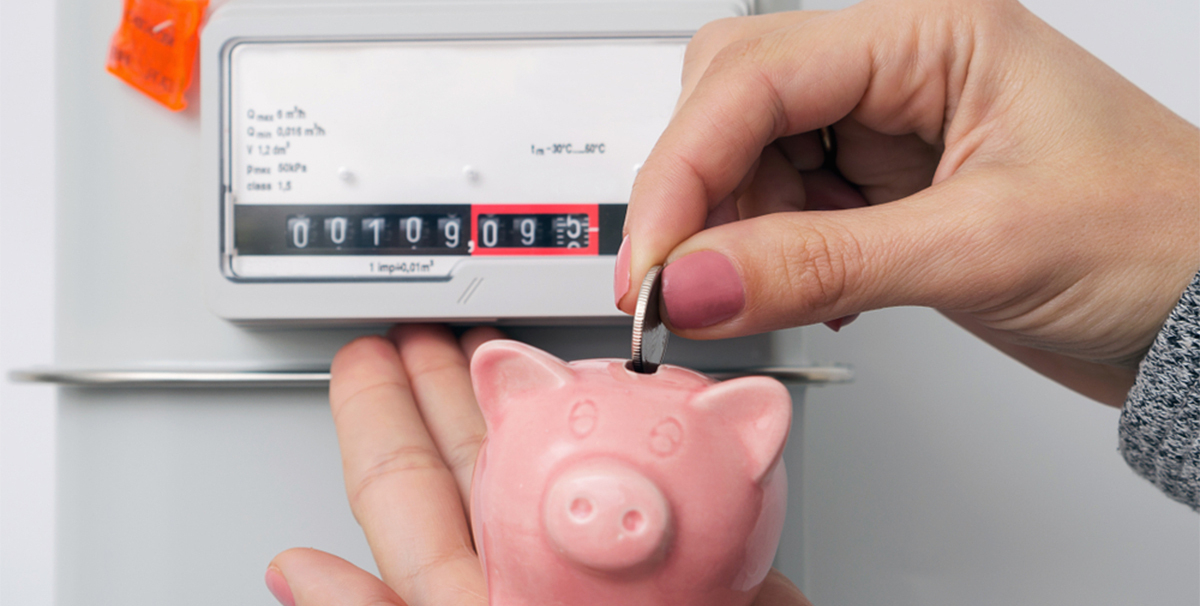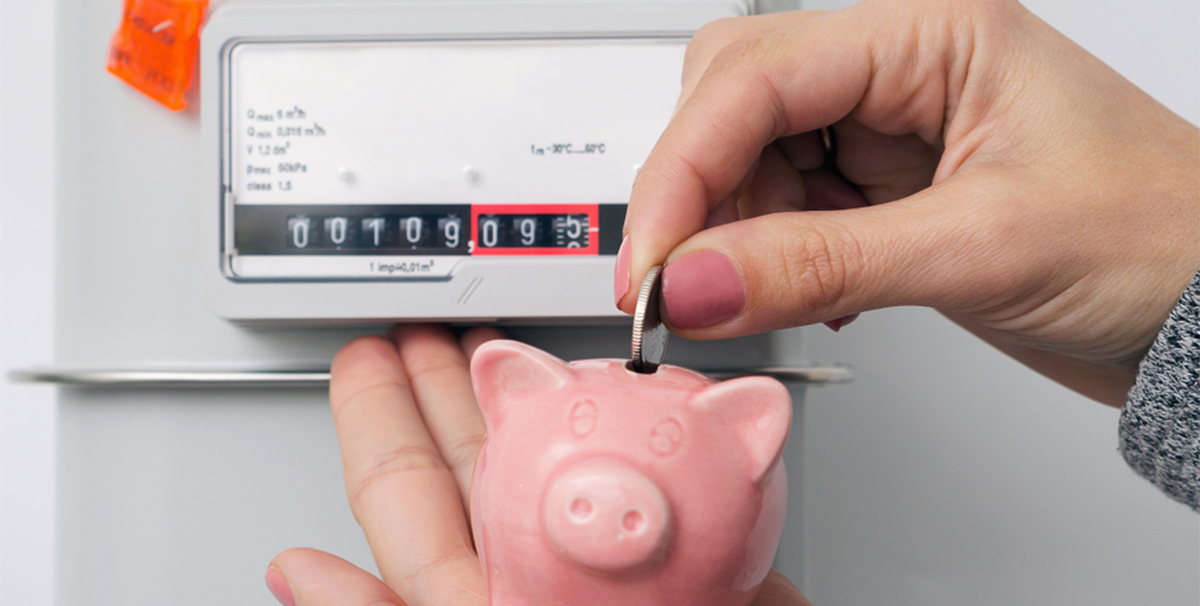15 Money Tips for Couples Getting Married in 2025


Marriage is one of life’s most important and exciting steps. But as beautiful as it is, planning for it, especially financially, can be stressful and overwhelming. Costs for weddings have increased in 2025, and couples now face more financial pressure than ever before. Whether you're already engaged or just planning for the future, saving and managing money the right way can make all the difference.
In this guide, we’ll discuss 15 of the best ways to manage money and save smartly for marriage. These tips are practical, simple to follow, and help build not just a wedding fund, but a strong financial foundation for your life together. Let’s get started.
Before you start spending, it’s important to know how much you can afford. Creating a budget together gives you both a clear understanding of what you want and what you can realistically manage. This avoids financial stress and makes decision-making easier throughout your planning journey.
List all expected costs like venue, outfits, catering, invitations, etc
Decide where you want to spend more and where to save.
Use a budgeting app or shared spreadsheet to stay updated as a team.
Opening a separate savings account just for wedding-related expenses helps you stay organized and avoid mixing it with your personal spending. It builds discipline and shows progress clearly over time, which is motivating for both partners.
Choose a high-interest savings account or one with zero fees.
Set automatic monthly deposits from both your incomes.
Keep all wedding transactions in one place for better tracking.
This method helps divide your income into simple categories, 50% for needs, 30% for wants, and 20% for savings. When saving for a wedding, you can adjust the rule to increase your savings share and reduce wants for a short period.
Modify it to something like 40% needs, 20% wants, and 40% savings.
Recalculate each month based on changing income or expenses.
Stick to the plan as much as possible while allowing flexibility.
The four-account method divides your money into two joint accounts (spending and savings) and two personal ones (for each partner). This method supports transparency, equal contribution, and freedom in spending without conflict.
Joint spending covers shared bills, groceries, or wedding payments.
A joint savings account holds your wedding and future savings.
Personal accounts give you the freedom to spend without asking each other.
When you automate your savings, you remove the pressure of decision-making every month. Money moves directly to your wedding fund before you can spend it, helping you stay committed to your financial goals.
Set up a fixed amount to transfer to your wedding savings every payday.
Use apps like Mint or YNAB to track all expenses in one dashboard.
Review your spending monthly as a couple and make small corrections.
Impulse purchases might seem small, but they can quickly add up and hurt your savings. A simple way to control this is the 24-hour rule, wait one full day before making any non-essential purchase over a certain amount.
Set a spending limit (like $50) above which you apply the rule.
Keep a “want list” for items to revisit after 24 hours.
Often, the desire to buy fades when you wait, saving you money.
Look around your home, you may be sitting on unused items that can bring in cash. Selling them or repurposing them for your wedding can help you save money and reduce clutter at the same time.
Sell items online through platforms like Facebook Marketplace or Dubizzle.
Repurpose things like jars, fabrics, or frames for wedding decor.
Allocate 100% of the money earned from selling toward your wedding fund.
Weddings held on weekdays or during off-season months are often much cheaper than Saturday events in peak seasons. Choosing the right date can reduce venue, vendor, and accommodation costs significantly.
Ask vendors about off-season or weekday discounts.
Booking midweek weddings gives you better vendor availability.
Your guests may also benefit from cheaper travel and lodging options.
Shopping smart is one of the easiest ways to save on wedding items. Waiting for sales and using discount tools can save you hundreds or even thousands.
Look for end-of-season sales on wedding wear and accessories.
Use cashback apps, promo codes, and browser extensions for discounts.
Purchase discounted gift cards to use at your favorite retailers.
Not everything needs to be professionally done. With some creativity and time, DIY projects can add charm to your wedding and significantly reduce costs.
Make your own invitations, seating cards, or wedding signs.
Watch YouTube tutorials for easy and stylish wedding DIYs.
Involve family and friends to help and make it a bonding activity.
There’s no rule saying everything has to be new. Many couples are now borrowing or buying second-hand items to save and make eco-friendly choices.
Browse online marketplaces for gently used decor, dresses, or props.
Borrow accessories or outfits from recently married friends or family.
Always check the condition and fit before finalizing second-hand purchases.
The guest list, food, and bar often make up the largest chunk of your wedding budget. Being strategic here can save you a significant amount without compromising on celebration.
Choose buffet, brunch, or finger food options instead of full meals.
Limit alcohol by offering beer, wine, or a signature cocktail.
Keep your guest list small and meaningful to save per-person costs.
Regular check-ins help keep your finances in order and reduce misunderstandings. Money dates are great for reviewing progress, adjusting plans, and staying motivated together.
Set a monthly time to review expenses, savings, and plans.
Talk openly about any concerns or new priorities.
Celebrate small wins, like reaching a savings goal, with a treat or outing.
If time allows, picking up extra work is a quick way to increase your wedding fund. Short-term side hustles can add hundreds or thousands without changing your current lifestyle.
Use your skills (writing, design, photography, etc.) to freelance part-time.
Consider local gigs like tutoring, delivery, or weekend shifts.
Save 100% of this extra income solely for the wedding.
In some countries, wedding-related expenses like donations, charitable venues, or leftover food contributions may offer tax benefits. It’s worth checking what's available where you live.
Use a nonprofit wedding venue that qualifies for deductions.
Donate leftover food or flowers to shelters or charities.
Speak to a financial advisor or tax expert early in your planning.
Saving for your marriage in 2025 doesn’t mean giving up on your dream wedding, it means planning wisely and working together. These 15 smart strategies offer both practical tips and emotional peace. You’re not just saving for a day, you’re building trust, communication, and habits that will benefit your marriage for years to come.
Whether you're focused on cutting costs, increasing income, or simply organizing better, every step you take now helps reduce stress later. Start today, be consistent, and remind yourselves why you're doing this, not just to have a beautiful wedding, but to begin a financially strong life together.

Hi, I’m Rimsha Arif, a writer focused on helping people save money by sharing practical tips and useful information about coupons, promo codes, and smart shopping. From fashion and groceries to travel and everyday essentials, my goal is to make it easier for you to shop wisely, save more, and get the most value out of every purchase.









































